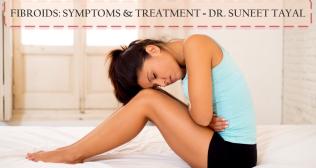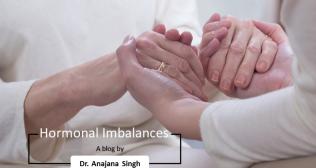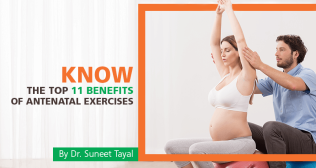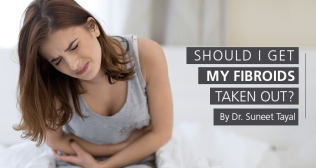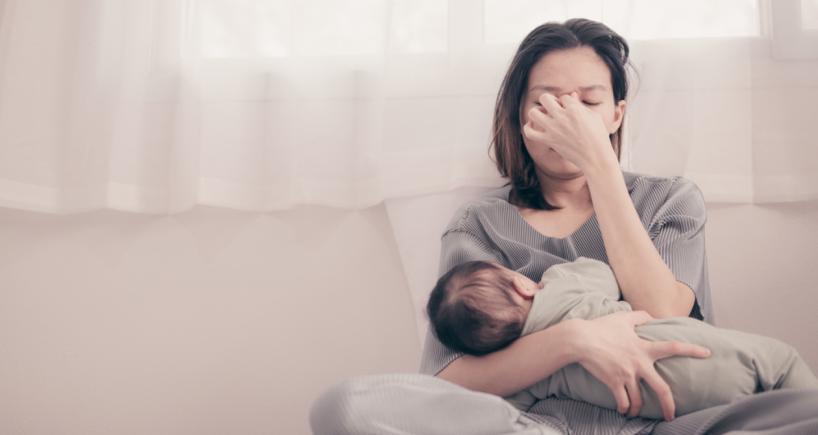
What You Should Know About Postpartum Depression
Postpartum depression (PPD), also known as postnatal depression, is a serious mental health condition that can affect a person's behavior and physical health after childbirth. It can affect both men and women, but it's more common in women, especially adolescent females, mothers who deliver premature infants, and women living in urban areas.
Symptoms of Postpartum Depression
Persistent sadness: Feeling deeply unhappy, empty, or tearful most of the time.
Severe mood swings: Extreme irritability, anger, or anxiety that can be difficult to control.
Overwhelming guilt or worthlessness: Feeling like you’re not a good mother or that you’re failing in your role.
Loss of interest: No longer enjoying activities you used to find pleasurable, including spending time with your baby.
Difficulty bonding with the baby: Struggling to connect emotionally with your newborn Extreme sadness, mood swings, irritability, guilt.
Fatigue: Extreme exhaustion or lack of energy that doesn’t improve with rest.
Changes in appetite: Eating much more or much less than usual, leading to weight gain or loss.
Sleep disturbances: Insomnia or sleeping too much, even when the baby is asleep.
Difficulty concentrating: Trouble focusing on tasks, making decisions, or remembering thing
Causes of Postpartum Depression:
The causes include:
1. Genetic. It’s more common in Females with family history of depression or PMDD (premenstrual dysphoric disorder)
2. Age at birth if it is less than 20 years may increase chances of PPD
3. single mother, who gets anxious about the finances regarding rearing of the baby may cause depression, especially if her finances are not in order.
4. pregnancy complications like pre-term birth, can take a toll on the mothers emotions and also physically affected the new mother. She’s worried about the baby’s health and growth and also the effect of prematurity on the development of the baby, which may lead to severe depression.
5. Mothers who are sleep deprived, bec of the baby crying a lot at night or not sleeping properly may, disturb the biological clock of the mother leading her to be depressed
6. Rapid hormone changes after delivery. Estero gens and progesterones increase 10 fold during pregnancy but fall suddenly after delivery. This may cause some hormonal imbalance leading to depression.
7. stressful life events: serious illness in family members, unemployment. Negative events might be specially potent during this period if they have implications for the woman’s ability to care properly for her infant (e.g. severe financial reversal, abandonment by spouse)
8. self-image Perception: Lady may feel less attractive due to weight gain and LSCS scar on the abdomen, struggle with her sense of identity, feel lost over control of life
9. Anxiety. She may be very anxious about her ability to take care of her baby in a very ideal way, which her physical pains may not allow her to do so
If you or someone you know is experiencing symptoms of postpartum depression, it is important to seek professional help. Early intervention can lead to better outcomes for both the mother and the baby.
Categories
Clear allMeet the doctor

- Obstetrics and Gynaecology | Obstetrics and Gynaecology | Robotic Surgery
-
23 Years
-
1200







